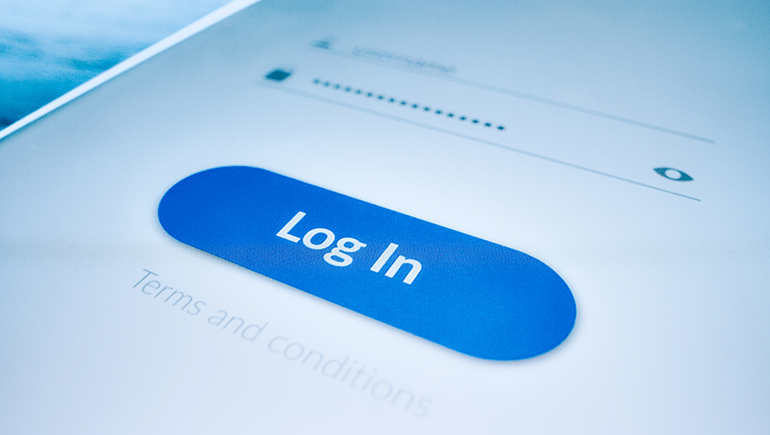Stay cyber secure: 4 ways to make your passwords hard to hack
At a glance (3 minute read)
- Havng a strong, unique password for each of your accounts helps prevent hackers froma ccessing your information.
- Consider using a secure password manager.
- Use multi-factor authentication when possible.

Your login credentials are all that stands between your personal information and cybercriminals.
Once they breach your password, they can access all kinds of personal information. That’s how cybercriminals gained access to lockboxes in the Lower Mainland just a few months ago. This resulted in two burglaries and one REALTOR® paying thousands out-of-pocket to rekey an entire apartment building.
There are no guarantees, but you can minimize the risk of your account getting breached with these five simple tips to make your passwords more secure.
1. Use unique passwords for each account
Data breaches are a fact of online life – 2021 saw a record number of data breaches, which means there’s a good chance at least one of your passwords is out there for cybercriminals to use and abuse.
When cybercriminals find a password for one account, they’ll typically use it to attempt to log in to other accounts. That means if you use the same password for all your accounts, a data breach on one account means all your accounts are compromised.
Using unique, uncommon passwords can prevent this. If you have trouble remembering your passwords, you can use a secure password manager like 1Password, Google Passwords, or LastPass.
2. Don’t use variations of old passwords
3. Make your passwords complex
One of the ways cybercriminals hack into accounts is by using “brute force” attacks. These attacks use a program that uses trial and error to eventually guess your password. The more complex your password is, the less useful these kinds of hacks are to the cybercriminals trying to steal your data.
A secure password should be at least eight characters long, and should include upper and lowercase letters, numbers, and symbols like @, $, or &. Some password managers offer random password generators – these are typically the most secure passwords you can use.
4. Use multi-factor authentication
Even the most secure password can be breached by a determined cybercriminal. That’s where multi-factor authentication (MFA) comes in.
MFA is a second layer of security on top of your password that requires you take a second step to verify who you are before you log in. This second step can be anything, from a text message that sends a one-time verification code you’ll need to enter in addition to your password, to a secure app on your phone that will prompt you to confirm your log in regardless of what device you’re using.
If a service offers MFA, use it. While not as convenient as using just a password, it’ll drastically increase the security of your account.


